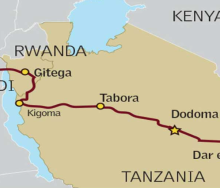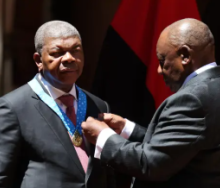The on-again-off-again decision on e-tolls is back in focus after the South African National Roads Agency Limited (Sanral) earlier this week put out a tender for new contractors to manage the Gauteng e-tolling system.
According to the tender document, a contractor is needed for the next six to eight years to run the open road tolling system in the province.
“It is high time that once and for all the minister of transport Fikile Mbalula and Premier David Makhura come clean about the future of e-tolls in Gauteng,” said DA Gauteng Shadow MEC for Roads and Transport, Fred Nel.
He added that the call for tenders indicated that e-tolls would not be scrapped any time soon.
“Since its inception in 2013, the residents of this province have been against e-tolls as it was a system that was imposed on them without due process being followed.
“The rise in inflation and the cost of basic necessities is putting a huge strain on our residents and now, added to this, they need to pay for e-tolls,” he said.
Mbalula last month gave his assurance that government would announce a solution in October.
During a media briefing in June, he said discussions were still under way between himself, finance minister Enoch Godogwana, and President Cyril Ramaphosa.
He added that once a decision had been made by Cabinet, Godongwana would announce the government’s plans.
But there’s good reason for the public to be sceptical.
It’s not the first assurance from Mbalula, who as far back as December 2020 said a decision on the scheme’s future would be announced before the end of March 2021.
A relentless campaigner in the fight to have e-tolls scrapped, Wayne Duvenage of the Organisation Undoing Tax Abuse (Outa) said at the time that while government hesitated, Gauteng motorists had made the decision for them already.
“The reality is that people are not paying e-tolls. The scheme failed and will continue to fail. Government has no choice in finding an alternative to the e-toll scheme. Hopefully they will think twice in future before embarking on such costly and complex projects without consulting taxpayers. The practicalities of implementing schemes like this require careful planning and public buy-in.”













